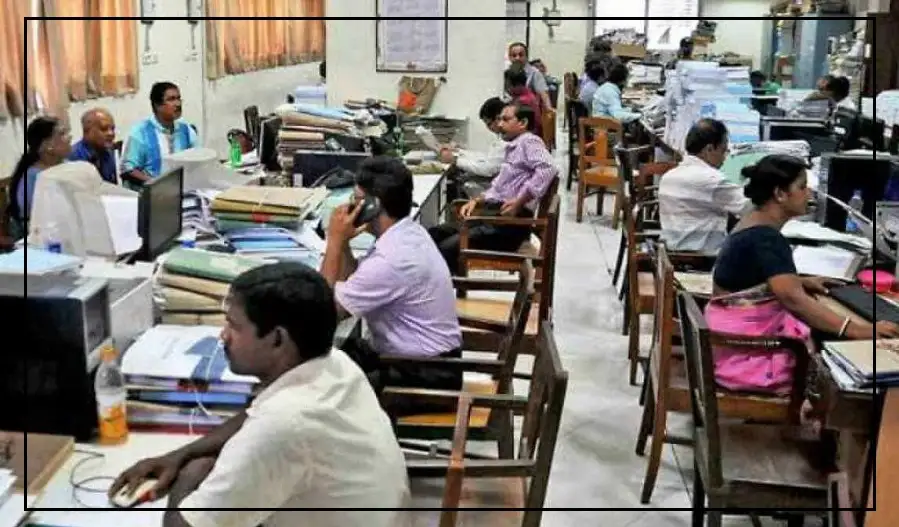In an important update, the Central Government has clarified that its employees can take up to 60 days of paid leave each year for personal reasons, including looking after elderly parents.
This was confirmed by Union Minister of State for Personnel, Public Grievances, and Pensions, Jitendra Singh, in the Rajya Sabha in response to a question by MP Sumitra Balmik.
Leave Entitlements Under CCS Rules
According to the Central Civil Services (Leave) Rules, 1972, central government employees are allowed the following types of leave every year:
30 days of Earned Leave (EL)
20 days of Half Pay Leave (HPL)
8 days of Casual Leave (CL)
2 days of Restricted Holiday (RH)
These leaves can be used for any personal purpose, including medical needs or taking care of elderly family members. Employees may also combine different types of leave based on rules and approval.
Leave Is Tracked and Credited
Each government employee has a Leave Account, where leave days are added in two parts—on January 1 and July 1 every year.
When employees use their EL or HPL, it is deducted from this account. Special leaves like maternity, paternity, child care, or adoption leave are not deducted from the regular leave balance.
Support for Elderly Care
This clarification highlights the government’s effort to support employees in managing family responsibilities, especially with aging parents.
Many employees face challenges balancing work and caregiving duties, and this clear guidance helps them understand their leave rights.
Other Leave Options
In addition to the 60 days of personal leave, government employees are also eligible for:
Maternity Leave – Up to 180 days
Paternity Leave – 15 days
Child Adoption and Child Care Leave
Medical and Study Leave – In specific cases
This move reinforces that government employees have enough flexibility to handle personal and family matters through the current leave policies, encouraging a more caring and balanced work culture.
























